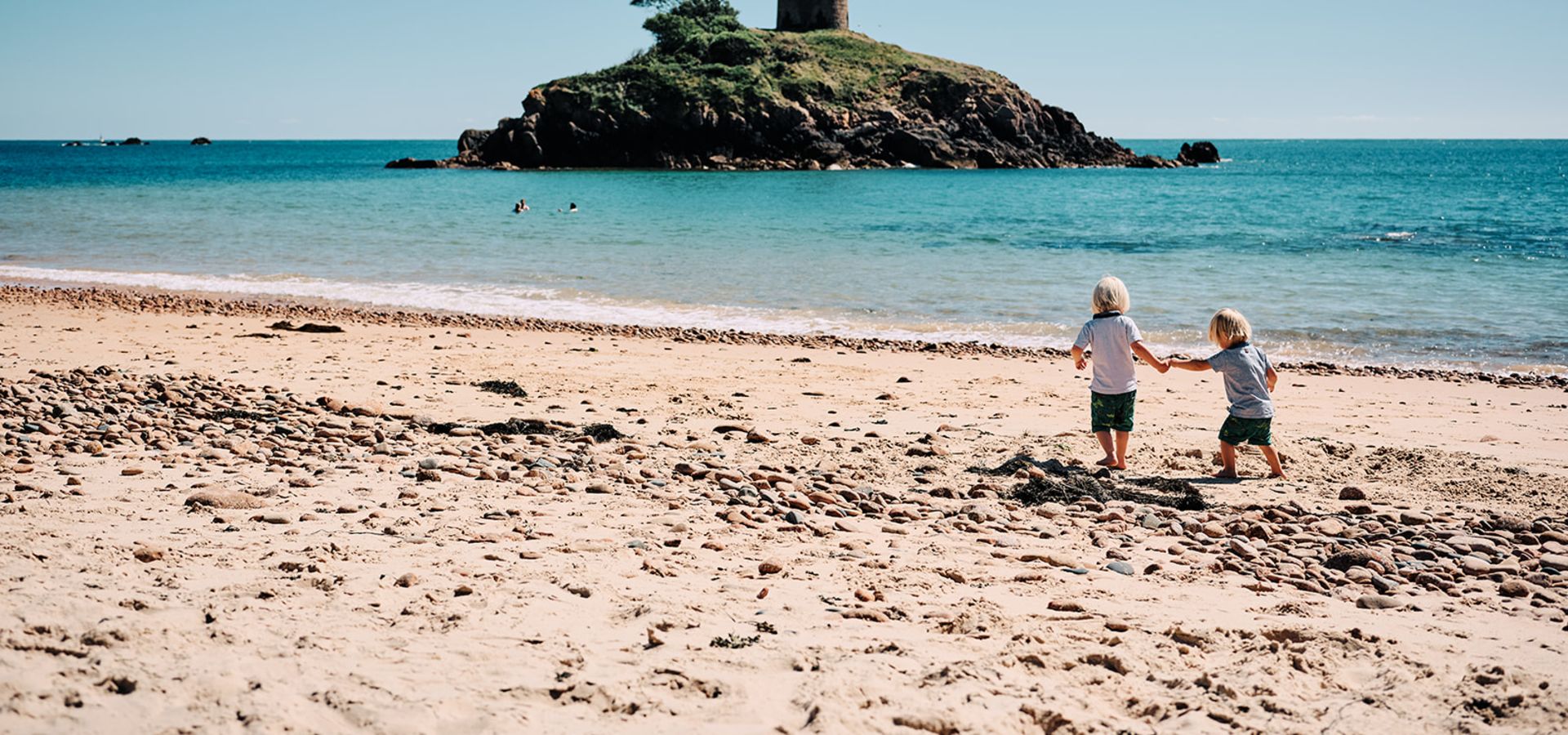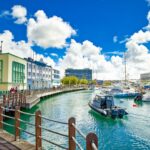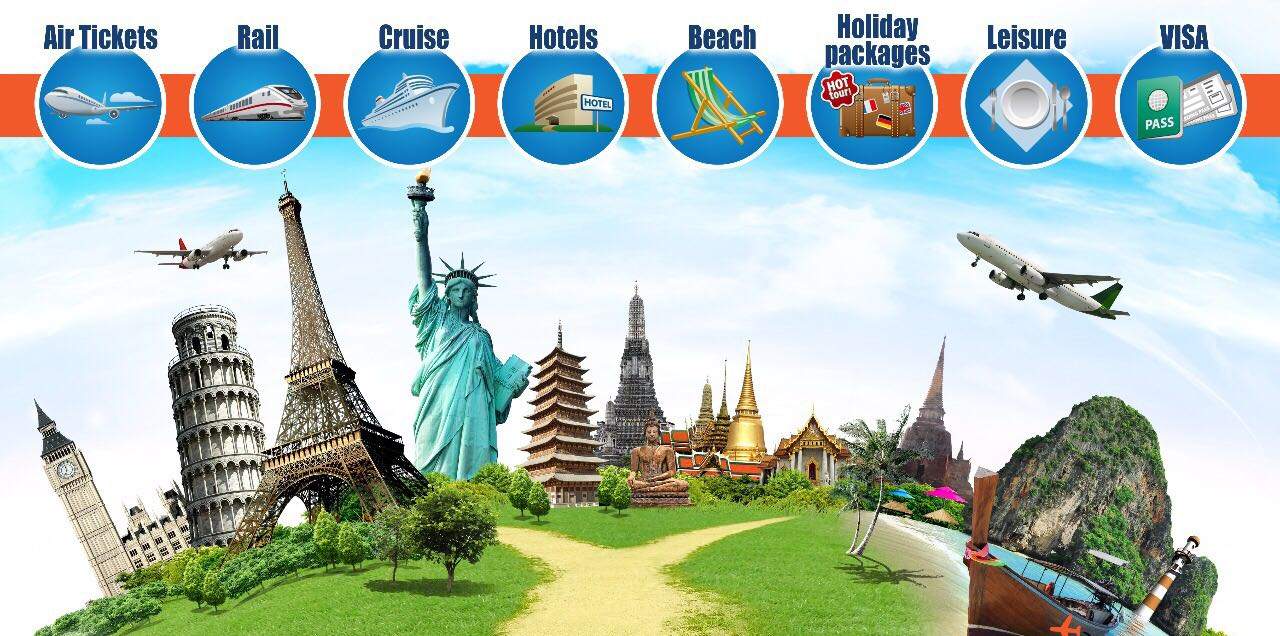Take the train and fast ferry, and then cycle around the island of Jersey in the Channel Islands, and make your travel sustainable.
The largest of the Channel Islands, Jersey is a haven for cyclists seeking both natural beauty and sustainable travel options. One of the island’s unique features is its network of “Green Lanes,” designated for cyclists, walkers, and horse riders. They’re marked with special signage and are away from main roads, often following picturesque coastal paths and quiet countryside lanes.



It’s a green travel experience, a way of reducing my carbon footprint and minimising noise pollution. Even better, I opt to make my travel to the island environmentally friendly so take the train to Poole and then the fast Condor Ferry to St. Helier. Even though the island is only 5 miles long and 9 miles wide, it’s not exactly flat and cycling can be tough. So the solution is an e-bike, perfectly capable of conquering the steep hills.
Route 1, Circular Island Tour
The simple way of discovering the island is to follow the coastline all the way around. Route 1 is well signed and offers picturesque coastal landscapes, charming villages, and leafy lanes. I set out from St. Helier, in an anti-clockwise direction, cycling west along the bike path along the bay. So far it’s flat but at St Aubin, I climb uphill and follow an old railway track to the Corbiere Lighthouse.


Here I turn the corner and head north along the flat expanse of St. Ouen’s Bay. I stop at the Channel Islands Military Museum, housed in a WW2 bunker, and then cut inland at L’Etacq. This is a fairly steep climb north-east and then dropping down to the coast at Grève de Lecq. The contrast between the long flat sandy beaches of the south and west and the wooded deep coves of the north is startling.


From here the trail turns inland but still follows the coast passing the villages of Sorel, St John and Trinity before descending to the sea at the attractive fishing village of Rozel. Here I stop for lunch, before another exhilarating climb which leads back down to the sea at Fliquet and St Catherine’s Breakwater. In the distance I can see the distinctive shape of Mont Orgueil Castle, overlooking the port of Gorey, and it’s worth a stop here for a brief visit.
I’m now homeward bound, turning west passing through the village of Grouville before arriving back in St. Helier. It’s taken me most of the day, cycled 50 miles and without the bonus of an e-bike it would have been tough. In fact toward the end it’s looking like the battery is about to give out, but I just about make it back.
Routes 4 and 3, Jersey Zoo and Elizabeth Castle


I’m keen to visit Jersey Zoo so I take Route 4 North from St Aubin’s Bay into the centre of the island. There I meet Route 3, the central island route, and then take its feeder, Route 3a to the Zoo at Les Augrès Manor, near the village of Trinity. The park is situated in 32 acres of landscaped parkland and water-gardens and is committed to animal conservation.
It’s home to 1,400 mammals, birds, reptiles and amphibians and over 130 endangered species. Sumatran orang-utans, Andean bears and Montserrat orioles, rescued from beneath the smouldering volcano, live in lush, spacious environments which closely replicate their native habitats. Madagascar lemurs and tiny lion tamarinds from Brazil roam free in woodland, leaping through the trees. Other exhibits include a walk through aviary and a cloud forest housing otters, coatis and howler monkeys.



It all fits in with my objective of sustainable travel and, on the way back, I travel west following Route 3 to reach the coast at St. Ouen’s Bay and then follow my coastal route of yesterday in the other direction. Back in St. Helier, there’s just enough time to take the amphibious ride to Elizabeth Castle in the bay. It dates from the 16th century, built to replace the defences at Mont Orgueil and named after Elizabeth 1. The tide’s out after my visit so I walk back along the causeway to St Helier.
Jersey takes the environment seriously. They say they’re constantly looking to develop more ways to live sustainably and in harmony with their island environment. They have the grand ambition to be a carbon neutral island by 2030. They encourage you to collect the plastic and rubbish from the beaches and you can exchange a full bucket for a free hot drink.




As for me, I’m going to be doing my bit by heading home on Condor Ferries back to the UK mainland and then taking the train home. It takes a bit longer than flying but it’s certainly a more relaxing way to travel. And I can feel a tiny bit smug, feeling I’m doing my bit to help save the planet.
You may also like: Jersey, sandy beach and covered coves.
Factfile
GO: Condor Ferries operates Condor Liberation, a trimaran that takes just four hours to and from Poole. They also offer various package holidays with Condor Breaks.




